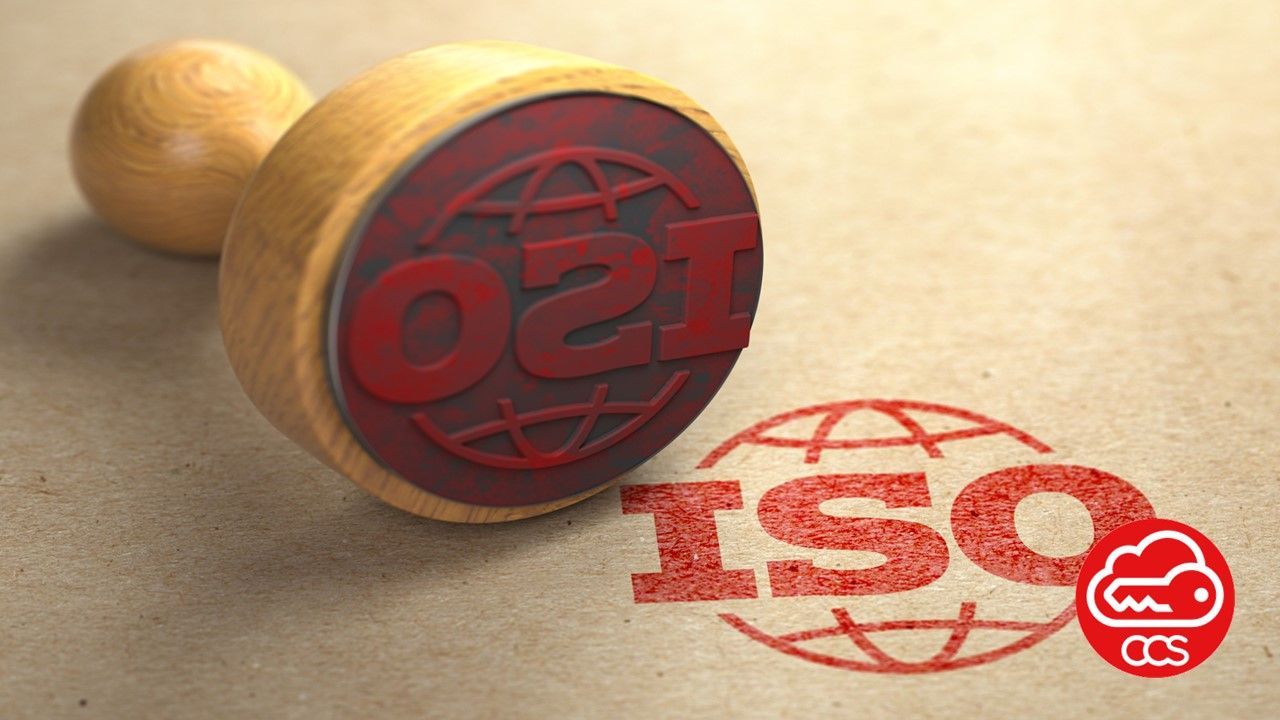Why ISO Standards Are the Ultimate Stamp of Approval for Your Business
In an increasingly competitive marketplace, establishing trust and confidence among customers, investors, employees, and the wider community is paramount for the success and sustainability of any business. Amidst the myriad of certifications and accreditations available, ISO standards stand out as the ultimate stamp of approval, signaling to stakeholders that your organization adheres to internationally recognized best practices in quality, safety, security, and environmental management. Let's explore why ISO standards are essential for building trust and confidence across all facets of your business.
1. Demonstrating Commitment to Excellence
ISO standards represent a commitment to excellence in all aspects of business operations. Whether it's ISO 9001 for quality management, ISO 14001 for environmental management, ISO 27001 for information security, or any other relevant standard, achieving certification demonstrates that your organization is dedicated to upholding the highest standards of performance, efficiency, and effectiveness. This commitment inspires confidence in customers, who trust that products and services meet stringent quality requirements, and investors, who see a commitment to long-term sustainability and success.
2. Enhancing Credibility and Reputation
Attaining ISO certification enhances your organization's credibility and reputation in the marketplace. Customers and clients view ISO-certified companies as reliable and trustworthy partners, knowing that their products and services have undergone rigorous assessment and meet internationally recognized standards. This credibility extends to the wider community, including regulatory bodies, industry peers, and the general public, who perceive ISO certification as a mark of distinction and integrity.
3. Mitigating Risks and Ensuring Compliance
ISO standards provide a framework for risk management and regulatory compliance, helping organizations mitigate potential risks and ensure adherence to legal requirements. By implementing ISO 45001 for occupational health and safety or ISO 27001 for information security, for example, businesses demonstrate a commitment to protecting the well-being of employees and safeguarding sensitive data from cyber threats. This proactive approach not only minimizes risks but also fosters trust among stakeholders, who value transparency and accountability in organizational practices.
4. Empowering Employees and Driving Innovation
ISO standards empower employees by providing clear guidelines and processes for achieving organizational objectives. By adhering to ISO 9001 for quality management, employees understand their roles and responsibilities within the context of continuous improvement, driving innovation and efficiency throughout the organization. This empowerment fosters a culture of excellence and professionalism, enhancing morale and job satisfaction among employees, who take pride in contributing to the organization's success.
5. Meeting Customer Expectations and Increasing Market Access
In today's globalized economy, customers expect suppliers and service providers to adhere to internationally recognized standards. ISO certification not only meets these expectations but also opens doors to new markets and opportunities. Many customers require suppliers to be ISO-certified as a condition of doing business, providing ISO-certified companies with a competitive advantage and increased market access. By achieving ISO certification, organizations demonstrate a commitment to meeting customer needs and exceeding expectations, fostering long-term relationships and loyalty.
ISO standards serve as a hallmark of excellence and integrity, signaling to stakeholders that your organization is committed to quality, safety, security, and environmental responsibility. By achieving ISO certification, businesses build trust and confidence among customers, investors, employees, and the wider community, enhancing credibility, reputation, and market competitiveness. In an increasingly complex and interconnected world, ISO standards offer a roadmap to success, guiding organizations towards excellence and sustainability in all aspects of their operations.




